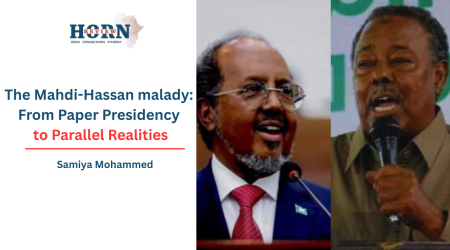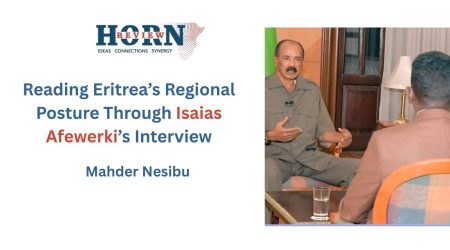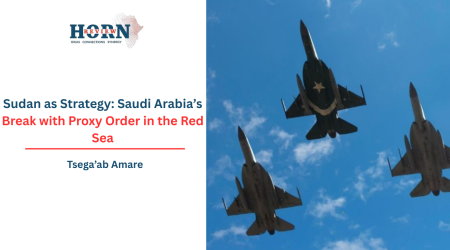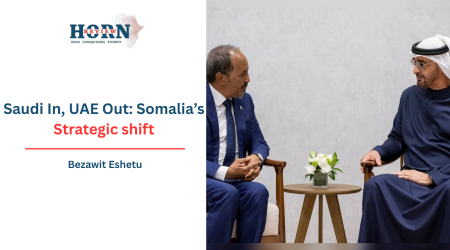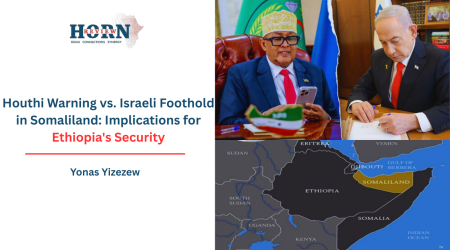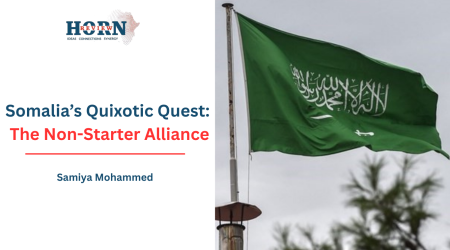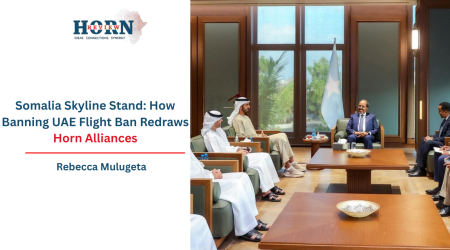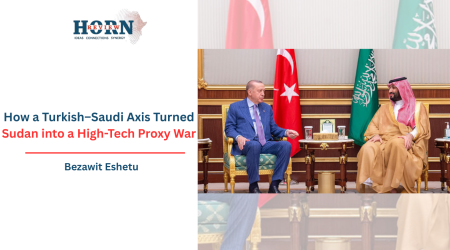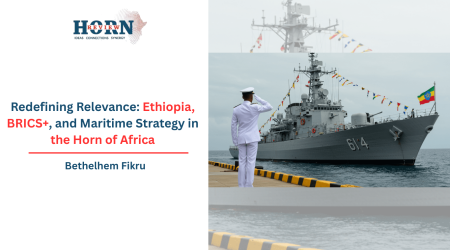
22
Apr
The African Continental Free Trade Area: Bridging Challenges and Creating Opportunities
Despite its vast natural resources, Africa remains one of the poorest continents, burdened by systemic challenges that hinder its growth and development. The United Nations Conference on Trade and Development (UNCTAD) reports that Africa is home to 32 of the world’s 44 least-developed countries, with the continent’s Human Development Index (HDI) among the lowest globally. This paradox of resource wealth coexisting with widespread poverty underscores the continent’s deep-rooted economic struggles.
The historical exploitation of Africa and its continued reliance on undiversified, resource-dependent industries have compounded its economic challenges. Over the centuries, Africa has been integrated into the global economy primarily as a supplier of raw materials, rather than as a hub for industrialization or value-added production. This extractive model has left the continent vulnerable to commodity price fluctuations and external economic shocks, contributing to its marginalization in the global economy. As a result, Africa accounts for just 3% of global GDP despite its vast landmass and large population.
One of the key obstacles to Africa’s development is its limited intra-continental trade, which accounts for only 13-16% of total trade, compared to 84-86% with external markets. The continent’s low economic integration stifles shared growth and undermines regional self-sufficiency. The combined GDP of all African nations is still smaller than that of Germany, underscoring the inefficiencies and structural barriers that prevent Africa from realizing its economic potential.
In response, the African Continental Free Trade Area (AfCFTA) was established in 2018, creating the world’s largest free-trade area by population and geographical size, encompassing 1.5 billion people. The AfCFTA aims to eliminate both tariff and non-tariff barriers on goods and services, stimulating intra-African trade and fostering regional industrialization. By shifting the continent’s focus from raw material exports to value-added production, the AfCFTA seeks to diversify Africa’s economy, reduce external dependency, and unlock new sources of growth.
This shift is vital for Africa’s long-term prosperity. The continent’s heavy reliance on commodity exports has led to persistent trade imbalances, resulting in debt levels surpassing $1 trillion. Many African nations are on the brink of debt distress, exacerbated by rising interest rates and currency depreciation. A pivot towards value-added production and stronger intra-African trade would not only reduce vulnerability to external shocks but also create jobs and foster economic resilience.
Despite its promise, the AfCFTA faces significant challenges. Since its establishment, the continent has experienced escalating conflicts, civil wars, and diplomatic tensions, which threaten regional stability. The increasing influence of global powers in Africa adds further complexity to its geopolitical landscape. Nevertheless, the necessity of economic integration remains critical. Fragmentation will only deepen Africa’s marginalization; regional cooperation and unity are essential to unlocking the continent’s full potential.
The vision of “The Africa We Want,” articulated in the African Union’s Agenda 2063, emphasizes the importance of Pan-Africanism and the integration of economic, social, and political systems. Achieving this vision requires resolving conflicts, strengthening institutions, and prioritizing industrialization, alongside deepening intra-continental trade. Without unity, Africa risks remaining ensnared in cycles of debt, dependency, and underdevelopment.
In conclusion, while the AfCFTA offers a transformative opportunity for Africa, its success hinges on overcoming political instability, building infrastructure, and ensuring sustained regional cooperation. The future of Africa rests on collective action, and only through these concerted efforts can the continent realize its potential as a self-sustaining, global economic powerhouse.
By Yabsira Yeshiwas, Researcher, Horn Review

